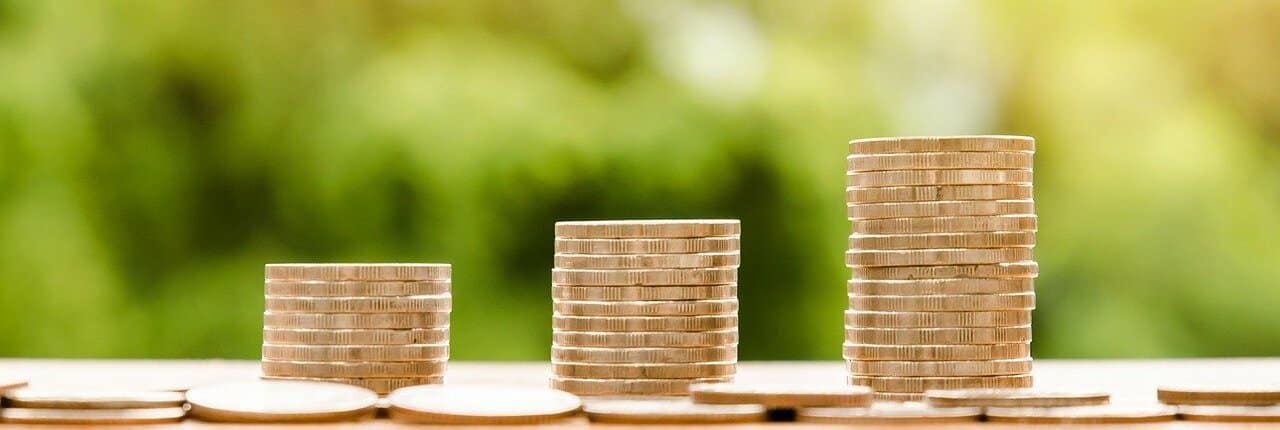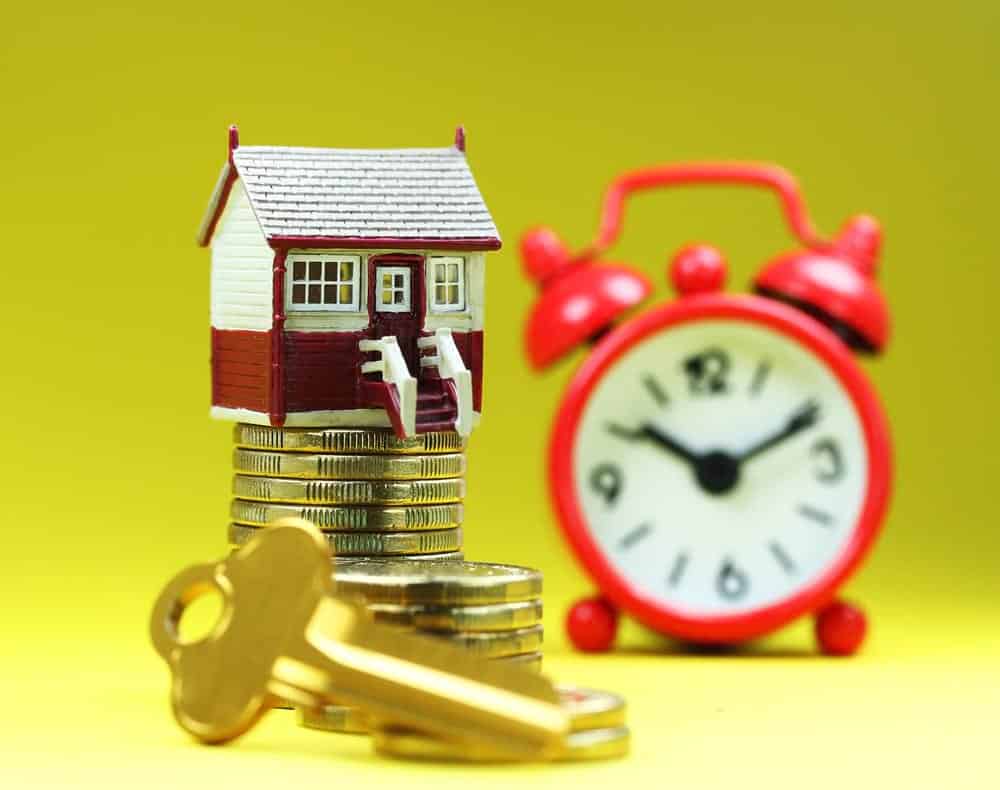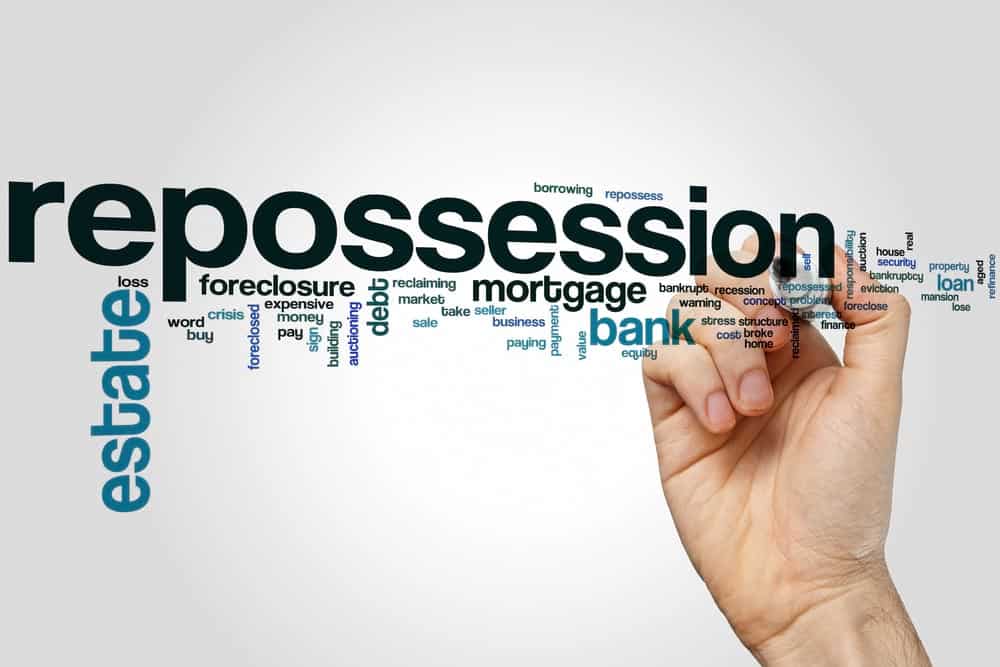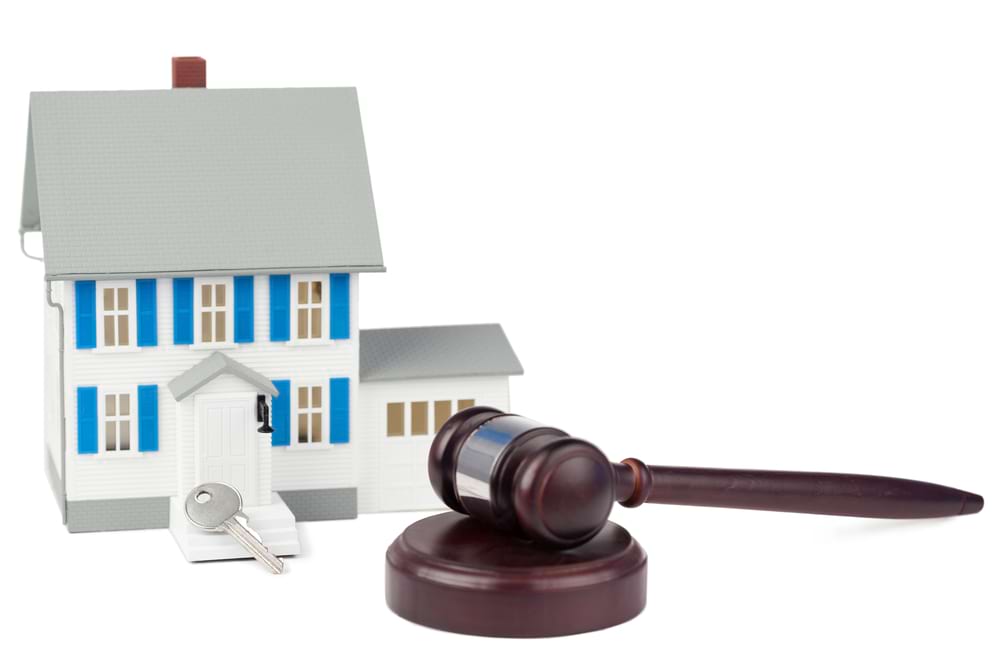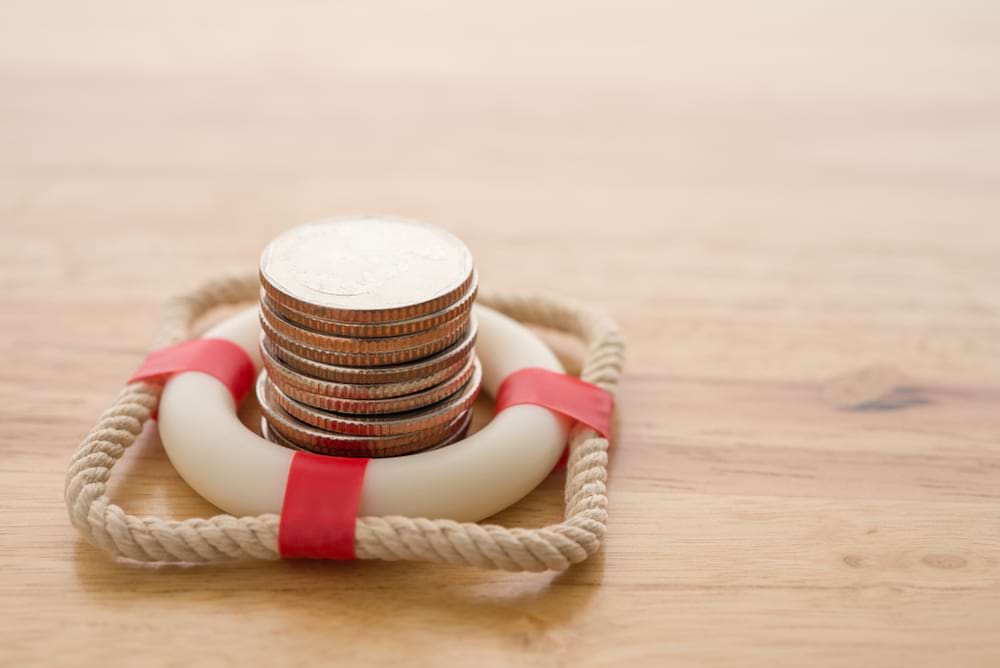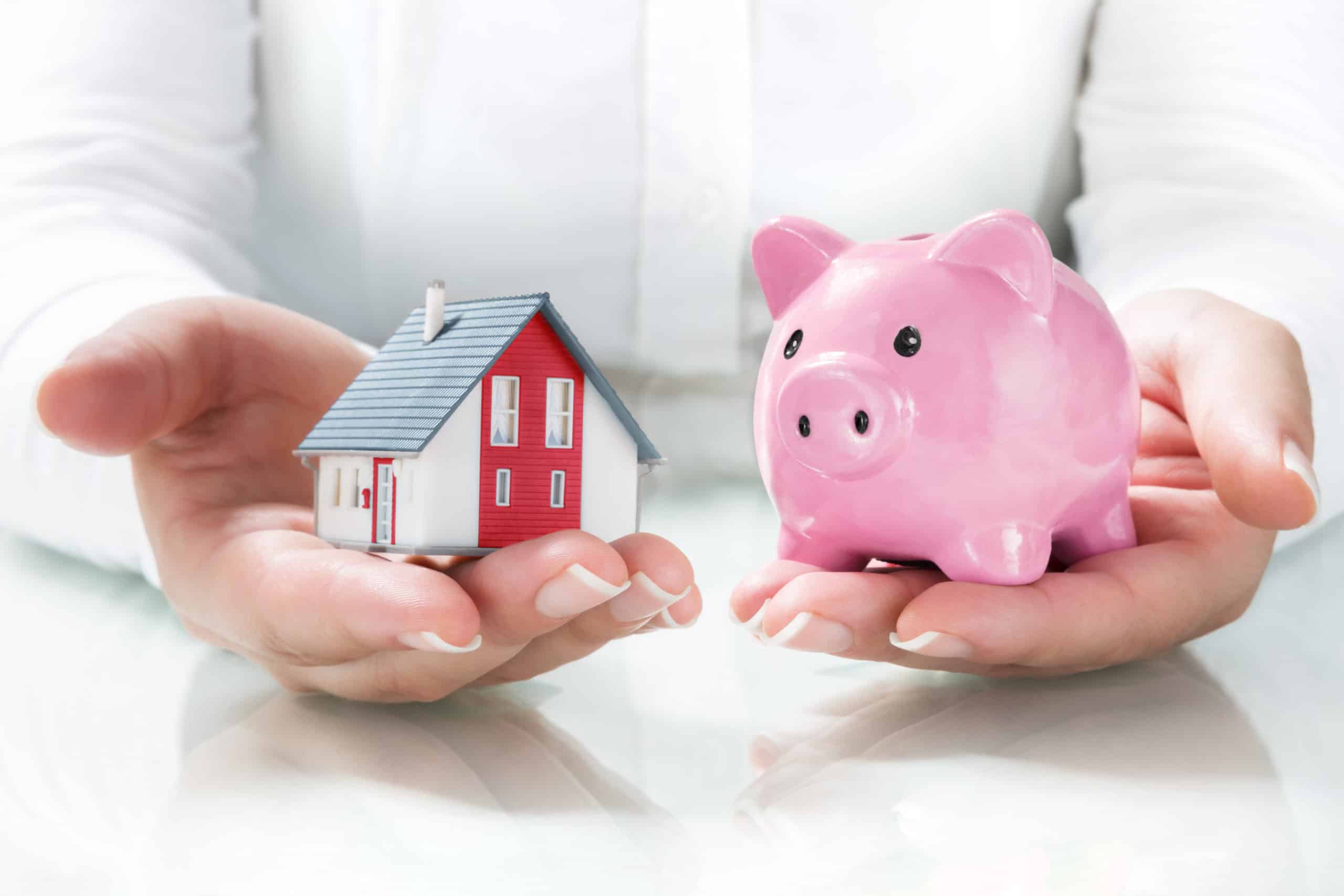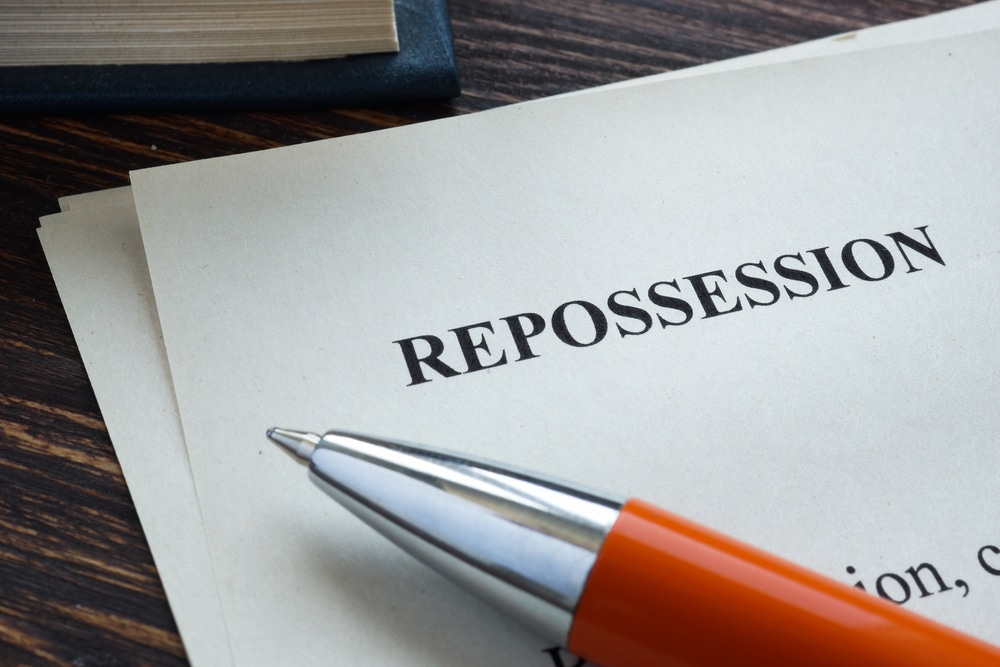How to get yourself out of debt may seem like a tricky obstacle course to tackle.
The good news is that there is always a solution to the problem.
Understandably, however, managing debt can be stressful, so taking some proactive actions will help you feel that you’re making rapid progress in chipping away at your borrowing.
In this article, we’ll look at what to think about and the different ways you can do it.
What is debt consideration?
Consolidating your debt means bringing separate debts together.
This can mean you only make one payment at a lower rate of interest.
If you’re considering it, you need to make sure consolidation is a truly cost-effective way forward for you.
What is a debt consolidation loan?
Consolidation loans are personal loans you can use to pay off high-interest debt, usually credit cards. Consolidating debt allows you to use one loan to pay off one or more credit card balances, simplifying your repayment plan.
Can I get a debt consolidation loan with bad credit?
Many companies offer to lend you enough money to pay off all your debts even if you have a bad credit rating.
You then only have one payment to make each month.
But you should be very carefully when considering this option. Remember these are commercial companies so there will be a cost to using them.
You may be required to pay fees for their service and even if they offer you a better interest rate, that results in lower monthly repayments, you may be asked to sign up for a longer-term. This could result in a higher overall cost.
Types of consolidation loans
There are two types of consolidation load, unsecured and secured:
- An unsecured loan is not secured against an asset such as a home and maybe more costly because of this.
- A secured loan is secured against an asset such as a home, this may make them cheaper or more accessible for people with bad debt. But you could lose your home if you do not keep up repayments.
Should you take out a debt consolidation loan?
As we’ve mentioned you need to think very carefully before going down this route.
Before you make any decisions, it’s a good idea to talk to a free debt advisor.
A consolidation loan may be right for you if you are sure you can keep up with the repayments and it will give you the opportunity to cut your spending and improve your financial situation.
You will need to weigh up the overall cost of the loan including fees, with the current cost of your debt.
Interest rates
Make sure you examine the terms of any loan closely. For example, is the cost fixed or could it go up if the Bank of England raises interest rates?
If it does, could you afford higher repayments? You should never take out a debt consolidation loan if you cannot afford the repayments, if the loan doesn’t clear all your debts or if it is significantly more expensive in the long run.
If you think you are likely to continue creating a debt or if you can’t get on top of your spending, it is much better to address these issues first.
How To Get Out Of Debt: 7 Tips
1. Pay more than minimum
Unlike loans, whose monthly repayments tend to be fixed, credit cards offer a minimum repayment amount per month, usually calculated as a percentage of the balance.
This means you can choose to pay a smaller amount if you feel that you cannot afford to pay more.
The consequence, however, is that settling the debt will take longer, because you’ll continue to accrue interest, in effect wiping out a significant proportion of your repayment.
Some credit card balances with even modest interest rates could take many years to repay, reducing your disposable cash for everyday spending.
Calculate how much you can reasonably spend on your credit card debt and target the account that charges the highest amount of interest first, as this is the one that will take the longest to pay off.
2. Negotiate lower interest rates
Interest rates can be burdensome when you’re trying to repay your debts.
Credit cards, in particular, can have stiflingly high rates, sometimes costing as much as 35p in every pound that you repay. The higher the interest rate, the longer it’ll take you to clear the debt.
The first step is to discuss your position with your credit card issuer. They should have experienced staff on-hand to consider your situation and to see whether you could be offered a preferential interest rate, even temporarily.
You could also transfer some or all of your balance to another card if a zero-interest offer is available.
Remember: you’ll usually have to pay a fee equivalent to 3-4% of the transfer balance, but this could still save you money and enable you to pay off your debt more quickly.
3. Try the snowball approach to debt management
An effective approach to repaying debts is the snowball method.
You’ll need to make a list of all your debts, with up-to-date balances, ordered from the lowest to the highest.
Ensure you make the minimum repayments on all the debts and use any excess cash to repay more than the minimum on the smallest debt.
Once this one is cleared, celebrate that you’ve got shot of one debt (without blowing a load of money), then invest the extra cash you’ve gained in the next smallest debt.
Snowballing is a great way to gradually reduce your debts while giving your confidence a real boost that you’re on track to living a debt-free life.
4. Sell your unwanted possessions
Most people have houses chock-a-block with unused or long-forgotten possessions, from rarely worn clothes to vinyl record collections and outgrown toys to well-thumbed books.
Selling your unwanted clutter could generate a useful income that could be invested in repaying some of your debt. Aim for low-cost or free sales channels.
Facebook Marketplace is on example, or car boot sales with a low pitch fee – and remember that small profits accumulate quickly!
5. Boost your earnings
It may not be possible for everyone, depending on their circumstances, but increasing your income could be a good way to get out of debt fast.
Seasonal demand for workers, particularly during summer and in the run-up to Christmas, often means short-term, part-time jobs are available.
If you’re already in full-time work or have childcare responsibilities, it might be difficult to take on many extra hours.
But a couple of evenings or a day at the weekend could raise some much-needed capital that can be ploughed into repaying your debts.
However, in the current climate, it may be best to look for remote freelance employment.
Most people are currently working from home, removing the need to travel to work.
With the spare time, you could request to work either early or late at your current employment, then utilising the extra time you’ve gained to work on freelance activity.
6. Only spend on essentials
Evaluating your spending habits can be hard.
Everyone enjoys their little luxuries and it’s easy to convince yourself that an extra pair of shoes, the latest iPhone or a subscription to a sports channel are must-have essentials that you simply can’t live without.
Reviewing your household budget means having a zero-tolerance approach to unnecessary spending.
You can experiment with different strategies, such as eliminating one or two luxuries for a couple of weeks to see how you adapt, or simply cutting back on your spending in key areas.
Sweep up the cash you’ve saved at the end of each week and put it straight into your debt repayments.
7. Cash in on the equity in your home
Your home is probably your most valuable asset, so selling it could unlock some much-needed equity to be used to settle your debts in one fell swoop.
To sell your house for cash should be a last resort once other avenues for paying off your debts have been exhausted but, if you’re seeking a rapid, stress-free solution to a persistent debt problem, it could be a logical decision.
With no estate agency or solicitor’s fees to pay, you don’t need to worry about setting aside large sums of money, and you can enjoy the reassurance of a guaranteed sale without the stress that is usually a hallmark of selling your home.
Is it a good idea to consolidate your debt?
Managing several debts, all with different repayment amounts and schedules can be tricky and, if you have a number of credit cards that are charging high levels of interest, paying them all off can seem like a distant dream.
Consolidating your debts can give you a fixed monthly repayment that is easier to plan as part of your household budget, reduces the amount you are spending on your debts and gives you peace of mind, as a definite end date is established.
Debt consolidation takes many forms, from a bank loan with fixed monthly repayments to a re-mortgage that spreads your debt over many years at a very low-interest rate.
Whichever option you consider, make sure you take financial advice from a qualified professional before signing the loan agreement.
Can you put loan debt on a balance transfer?
Taking out a consolidation loan isn’t the only way to bring your debts together. There are other options that may be better.
For example, if you have credit or store card debt you may be able to transfer the total amount you owe to one card with a cheaper interest rate. This is called a balance transfer.
Often you will be given an introductory offer of 0% interest which sometimes lasts for more than two years. There may be a fee to pay, especially if you have a poor credit rating, but this can save you £1,000s in interest repayments.
Pay off as much of the debt as you can during the interest-free period and remember to transfer again when that period is over and your repayments rise rapidly
Can I remortgage to pay off debt?
If you own enough of your home without a mortgage, it could be worth releasing some of that value to pay off your debts. This involves increasing the amount you are borrowing by remortgaging.
This is often attractive because mortgages usually come with much better interest rates than other forms of debt. But that doesn’t always make it the right thing to do and there are a few pitfalls to be careful of, for example:
- Mortgage terms are usually very long, often up to 30 years. That means even though you are paying a lower interest rate, you could end up paying back more overall
- You will usually have to pay a fee to remortgage and if you are leaving another mortgage within the initial deal period you may have to pay an early repayment charge, which can amount to thousands of pounds
- Borrowing more will increase your mortgage repayments so make sure you can afford them. If you miss repayments you could lose your home.
Considerations before taking out a debt consolidation loan
Organise and prioritise
First of all, you need to work out what all your incomings and outgoings are so you have a better idea of where you’re overspending and which of your debts is costing you the most.
Once you know your financial position you can start to make changes to your spending and focus on reducing your most costly debts.
This could include creating a budget that reduces your spending and household bills, allowing you to put money aside to pay off those debts.
As long as your essential costs are covered – mortgage, rent, utility bills and so on – put that money into your more expensive debts.
If you have several store cards, address the one costing you the most each month.
If you haven’t already, this is also a good time to make sure you’re paying bills off in full and on time.
For example, credit cards are usually free if you pay them off each month in full, but costs quickly escalate after that.
Setting up direct debits or calendar alerts for when payments need to be made will make sure you don’t build up unnecessary debt.
Get the best debt deal
Stopping your debts from growing too quickly is an important step in preventing them from spiralling out of control.
Now you’ve prioritised which debts you need to pay off first, could you be paying less for them?
Often the most costly borrowing we have is a mortgage. Are you on the best possible deal?
If you haven’t remortgaged for several years you might have moved off the initial discounted interest rate offered by your borrower onto its more expensive standard variable rate.
Remortgaging could save you hundreds of pounds each month.
Unsecured personal loans usually have much higher interest rates than secured loans such as your mortgage. So it’s worth looking at ways to pay them off.
First of all, if you have savings that are earning less in interest than debts are costing it’s better to pay off the debt while still leaving yourself a cushion for emergencies.
If you don’t have savings, you may be able to increase your mortgage and use the money to pay off expensive debt.
However, you’ll need to carefully work out if it’s the cheaper option in the long run since the repayment period on a mortgage may be longer.
You could also consider moving loans or costly credit card debts to a balance transfer card. These usually offer 0% interest rates for a long period of time for a fee, usually a percentage of the transfer amount.
If that fee is less than the interest rate on the debt it’s worth doing, as long as you can repay it during the 0% period.
Switch those bills
Just as you should switch your mortgage you should regularly check and switch all your bills.
Many people remain with the energy, broadband and insurance providers they’ve had for years, but that means they’ll be paying over the odds.
If your initial contract has finished with an energy provider you are likely to be on their more costly standard rate.
Equally, when it comes to broadband you’ll be missing out on rates designed to tempt new customers. If you have a mobile phone contract, bear in mind that it covers the cost of your phone.
Once the contract is over you’re essentially paying for a phone you’ve already paid for – if the handset still works well you could consider a cheaper sim only deal.
The switching process is usually easy because providers want your business. Also consider paying by direct debit, opting for paperless bills and taking several services from one supplier, which can all reduce costs.
Talk to an expert
If you are in financial trouble it’s sometimes difficult to see the wood for the trees.
There’s so much advice available online and so many companies and products that claim to be able to help you reduce your debt, it can feel overwhelming.
Talking to an independent debt advisor will help you understand your options and think clearly about what’s right for you.
The best place to start is with a debt charity, they can put you in touch with someone who’ll offer free, impartial advice and support on various subjects from budgeting techniques right the way up to insolvency.
They’ll also make sure you’re accessing all the government help you’re eligible for, including:
- Child benefit
- Tax free childcare
- 30 free hours of childcare a month for three to four-year-olds.
If you’re on a low income or a benefit such as universal credit you can apply for a council tax reduction. You may also be eligible for support with mortgage interest payments.
If you are struggling with your mortgage payments the first port of call is your mortgage provider. They can give you a mortgage holiday, extend the term of your mortgage and move you to interest-only repayments.
Individual Voluntary Agreements (IVAs)
There are several options available if you’ve got to the point where you can no longer keep up with debt repayments.
Individual voluntary arrangements (IVAs) are this a form of insolvency for larger debts that allows you to pay what you can afford before writing the remaining amount off after a certain period of time.
Bankruptcy
Another alternative is to sell your house to help you get on top of your finances.
Again it’s important to think about this carefully and make sure you have somewhere you can move to.
But if selling is the right option and you want to access funds quickly, we can buy your home in just seven days with no estate agent or solicitor’s fees.
Debt management plans
These enable you to make regular payments to your creditors that you can afford and will eventually pay off the full amount you owe. These are very useful for people in mortgage arrears.
Debt relief orders (DROs)
Debt Relief Orders (DROs) allow you to stop paying debts under £20,000 if you do not own a home and wipe them off after a year.
Selling your house with We Buy Any Home
Another way to solve your debt problems is to sell your home and pay them off with the money you make. We can help you do this as we buy houses for cash.
In fact, we can have the money in your account in just seven days if necessary.
Because we only buy from our own cash funds, there are no estate agents’ fees to pay and you are not part of an unpredictable chain that could fall through. What’s more, we instruct and pay for solicitors.
